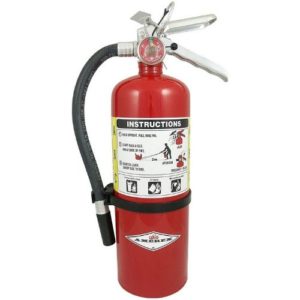Everyone is at risk of accidental poisoning, but some age groups experience greater incidents of poisoning than others.
Children younger than six years old account for 39% of all poison exposures. Adults account for 43% of unintentional poisonings, and 8% of victims are teens.1
Peak poisoning frequency occurs in children under two, but poisonings in adults and teens tend to be more serious.
Symptoms: Symptoms of prescription painkiller overdose range from confusion, mood swings, and nausea to breathing problems that can result in death.3 There are many NSAID overdose symptoms, including abdominal pain, nausea, vomiting, dizziness, and blurred vision. Large amounts of NSAIDs may result in kidney damage, seizures, or coma.4
Treatment: Call the Poison Control number above or seek emergency care immediately. If possible, provide medical personnel with the victim’s age, weight, and condition, as well as the name of the medication, time it was swallowed, and amount consumed.
Symptoms: Poisoning symptoms vary depending on what cleaning product was ingested. For example, swallowing toilet bowl cleaner can cause burns in the esophagus, difficulty breathing, and loss of vision.5 Symptoms of drain cleaner poisoning include burns in the mouth, difficulty breathing, vomiting, and severe stomach pain.6
Treatment: If the victim swallowed either of these cleaning products, have them drink water or milk immediately—unless they’re having difficulty swallowing. Then call the Poison Control number or seek medical treatment right away.
Symptoms: Poisoning symptoms may include labored breathing, slow heartbeat, drowsiness, and seizures. Benzocaine is an ingredient often found in teething gels that can cause methemoglobinemia, a serious condition in which the amount of oxygen in the blood becomes dangerously low.7 Symptoms of methemoglobinemia include headache, fast heart rate, and bluish coloring of the skin or nails.
Treatment: If you suspect topical anesthetic poisoning, seek professional medical care immediately or call the Poison Control hotline.
Symptoms: Organophosphate and carbamate poisoning can cause a variety of symptoms, including blurred vision, salivation, and vomiting, as well as seizures.8 Additionally, these products can overstimulate organs and result in them shutting down.
Treatment: In cases of ingestion, do not have the victim throw up. Seek medical treatment right away. Medical professionals may use the drug atropine to treat serious insecticide poisonings. If the insecticide came in contact with the victim’s clothing or skin, they should remove their clothes and wash their body immediately.
Symptoms: Swallowing liquid or granular dishwasher or laundry detergent can cause vomiting and diarrhea. Ingesting a detergent pod can result in symptoms ranging from vomiting and drowsiness to aspiration and respiratory distress.
Treatment: Call the Poison Control hotline or seek other medical help immediately. Do not make the victim throw up unless a medical professional advises you to.


















